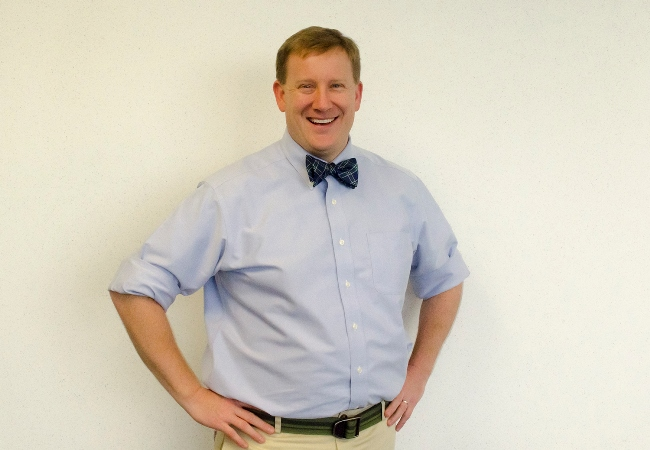Oncologists at Erlanger Health System are working to solve a riddle, and the answer is a matter of life and death. It’s estimated that only 5% of cancer cases in the U.S. are diagnosed in people between the ages of 15–39. So why does cancer remain the number one cause of death in adolescents and young adults — even when mortality rates for young children and older adults are improving?
Cancer is different for young adults.
Researchers observe many differences between young adults and other age groups when it comes to cancer. For example:
- Women under age 40 who develop breast cancer are more likely to have a family history of the disease and may not respond to treatments the same way older patients do.
- Young adults with melanoma are less likely than older adults to have developed the disease due to environmental factors, such as UV exposure.
- Elevated physical and hormonal changes in young adults mean they may not respond to traditional cancer treatments.
- With new careers, families, and busy schedules, many young adults don’t always visit the doctor as often as they should. This can mean that the earliest, most-treatable stages of a cancer might not be detected as quickly.
With such a variety of causes and risk factors, cancer in young adults should be treated differently.
At Erlanger Health System, adult and pediatric oncologists are working together to determine the best type of care for young adults with cancer. For example, adult oncologists seek pediatric input when developing a treatment plan for a 20-year-old patient with leukemia (traditionally a childhood cancer). Alternatively, pediatric oncologists consult adult oncologists in treating a 17-year-old with breast cancer.
Erlanger Health System is the only hospital system in the region able to provide this type of multigenerational care, and it’s yielding great results. “We’re finding new ways to treat cancer with fewer side effects. It’s about preserving a patient’s standard of life and finding the best way to cure their cancer,” says Dr. Avery Mixon, Pediatric Oncologist at Children’s Hospital at Erlanger.
“For example, we treated two men with leukemia with tailored doses of chemotherapy [as we would with young kids] and helped them both avoid bone marrow transplants,” continued Dr. Mixon. “We were also able to provide personalized treatment for a young mom with Ewing’s sarcoma. She received the same dose that we would recommend for children instead of a less-aggressive adult-based protocol. Research has demonstrated that at her age and physical condition, she could handle the more aggressive pediatric frequency — receiving treatment every two weeks instead of three.”
Concludes Dr. Mixon, “We’re excited to provide this type of individualized treatment for our region.”
For more information or to schedule an appointment with a specialist, please call 423-778-2546.







